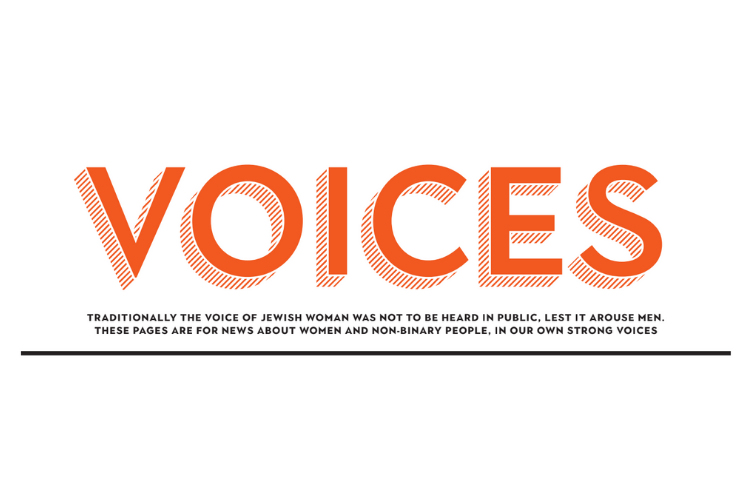
When Clergy Are Abusers
The Forward reported that a former senior leader of the Reform movement had sexually assaulted members of his congregation and may have committed other acts of abuse and harassment—and that the Reform movement may have kept details of this misconduct from the public. It’s likely that this news may be the first of many revelations as the Union for Reform Judaism launches an independent investigation into sexually inappropriate conduct that may have occurred under its watch…. Our conversations about healthy leadership, appropriate boundaries, appropriate modeling of spirituality and non-toxic theology cannot, and should not, begin and end with the question, “Is this person a sexual abuser?”
We also must talk about clergy who—even outside any context of sexual abuse manipulate. Who gaslight. Who abuse the teacher-student power dynamic…. In many ways, it’s more difficult to talk about these behaviors, because they are less concrete than instances in which we can say, “This person said or did such-and-such specific thing.” And goodness knows getting to the place where we can name sexual abuse has not been simple work, and we’re not even fully there….
Those who are in lay leadership need to learn to identify toxic leadership styles among clergy, and to meaningfully address them. Even if the leaders, and the toxic styles they use, can be inspiring. Even if they make you feel good.
—RABBI DANYA RUTTENBERG, from “Toxic leadership in the Jewish world goes beyond
sexual misconduct. A reckoning must come,” The Forward, May 5, 2021.




